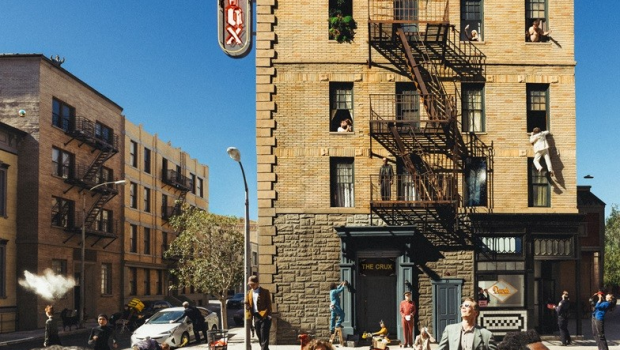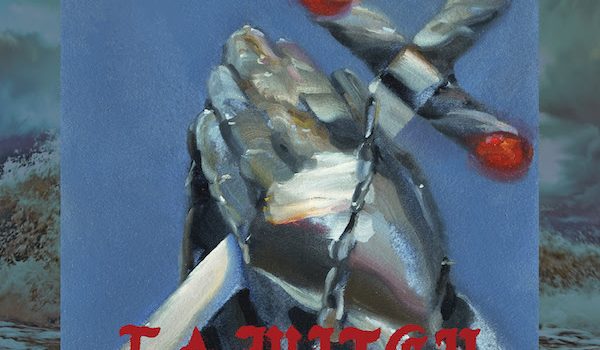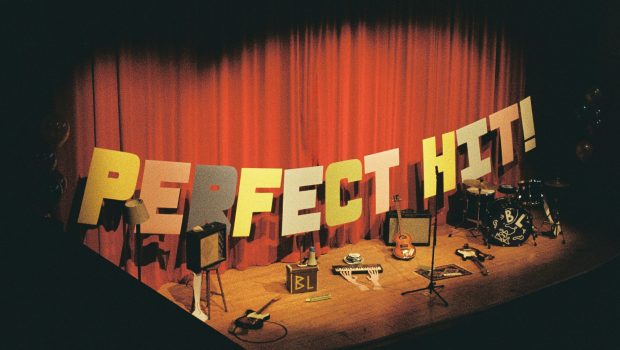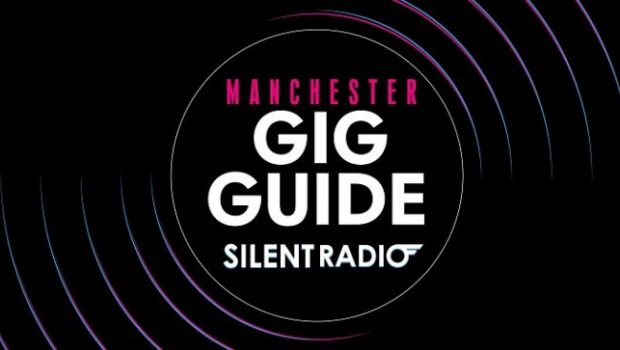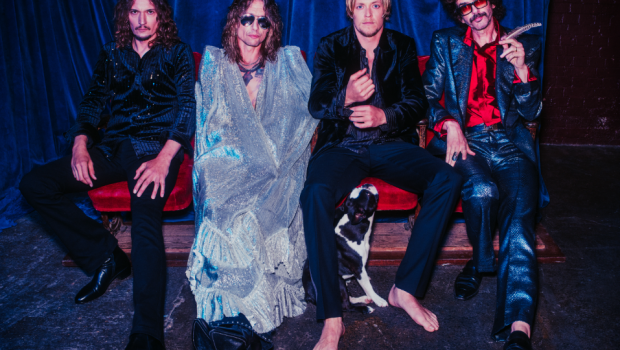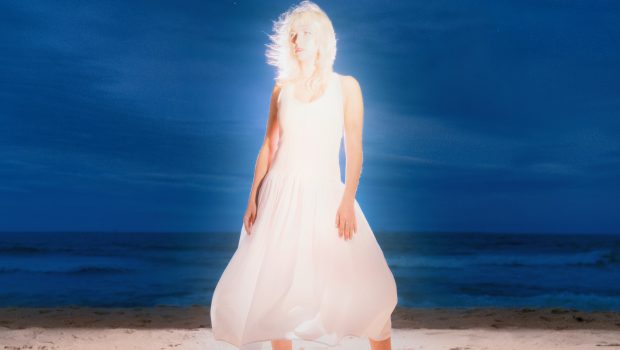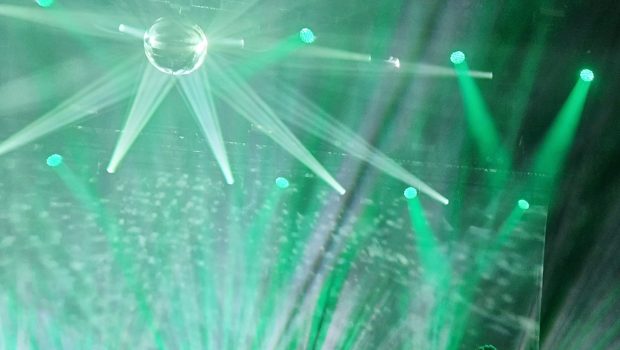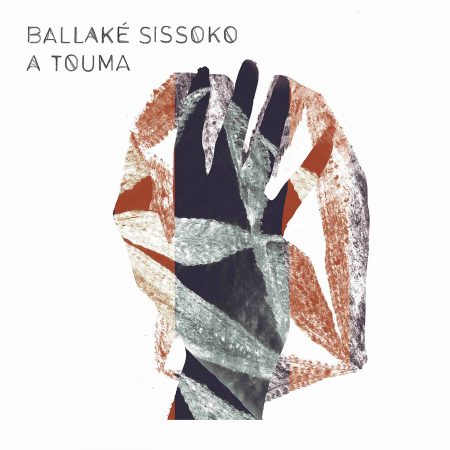 In a sense, I have always had a prejudice against “world music” as being the sort of quirky but forgettable background to lunch in a vegetarian cafe – but on the other hand I really take offence at the arrogance of the sections of British music industry that pigeon-hole anything that isn’t English-speaking western-style music in a giant box labelled “other”… it’s like calling the US baseball championship the “World Series”, as if nowhere else even exists, let alone plays baseball…
In a sense, I have always had a prejudice against “world music” as being the sort of quirky but forgettable background to lunch in a vegetarian cafe – but on the other hand I really take offence at the arrogance of the sections of British music industry that pigeon-hole anything that isn’t English-speaking western-style music in a giant box labelled “other”… it’s like calling the US baseball championship the “World Series”, as if nowhere else even exists, let alone plays baseball…
It’s also amazing to me, particularly given how keen some Western musicians are to find the “new sound” to find that there is so much music that would be recognised as traditional to so many people across the world that is yet so different and new to most western ears that A Touma could be recorded in a room with a pair of microphones, no effects, no orchestration, no “production” – just the pure output of the player – and yet sound so fresh.
I love this purity of A Touma; it evokes the idea of a travelling bard – just a player with an instrument, a sound that could have been recorded at any time, since even before written music. The contrast of the technical simplicity is the perfect vehicle for the complexity of the pieces, which really need the room to breathe and space to fill – although Sissoko’s skill and virtuosity come second to his ability to craft mesmeric, gently shifting musical progressions.
There are tracks on A Touma which remind me musically of the music on Sissoko’s recently-released album Djourou, which had vocals and more instrumentation, particularly the segment of Yafa Djini Te Djitoyaye which is reminiscent of Djourou’s Kadidja, a track which stood out for its restrained but beautiful orchestration on Djourou but which just fails to conjure quite the same intensity of feeling here.
But this is the exception to the rule and really brings home how much I much prefer the unadorned A Touma, without the distraction and (relatively speaking) dull and ordinariness of vocals, which distract from the unique tone and the expert playing of the kora which is delivered so beautifully on both albums but given the space to breathe on A Touma.
I value A Touma for its purity and intimacy; it offers more of an escape and more immersion than Djourou and a sound of sunshine, of a relaxed mood, an easy-going artist but a superbly gifted and accomplished musician.
It consistently lulls me into a comfortable state of being washed over by the music – but it’s worth much more attention than being allowed to slip into the background over a delicious meat-free meal.
Ballake Sissoko – A Touma: Out Now (No Format Records)



